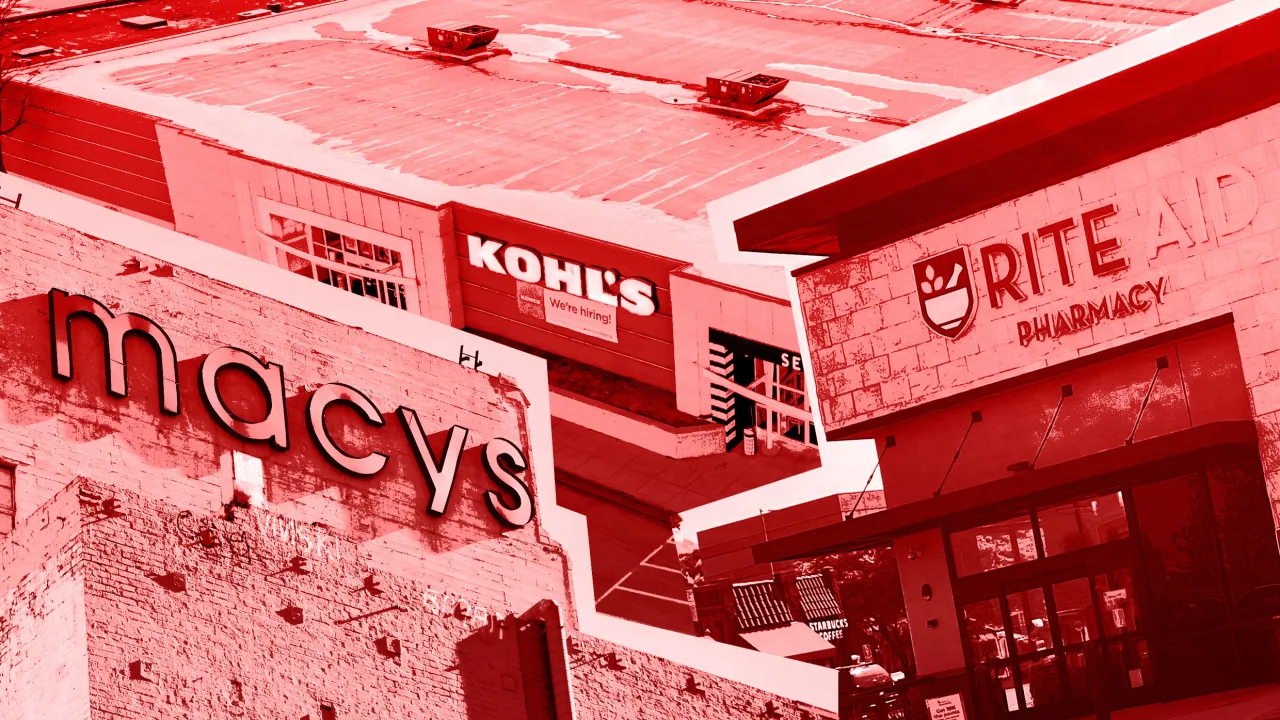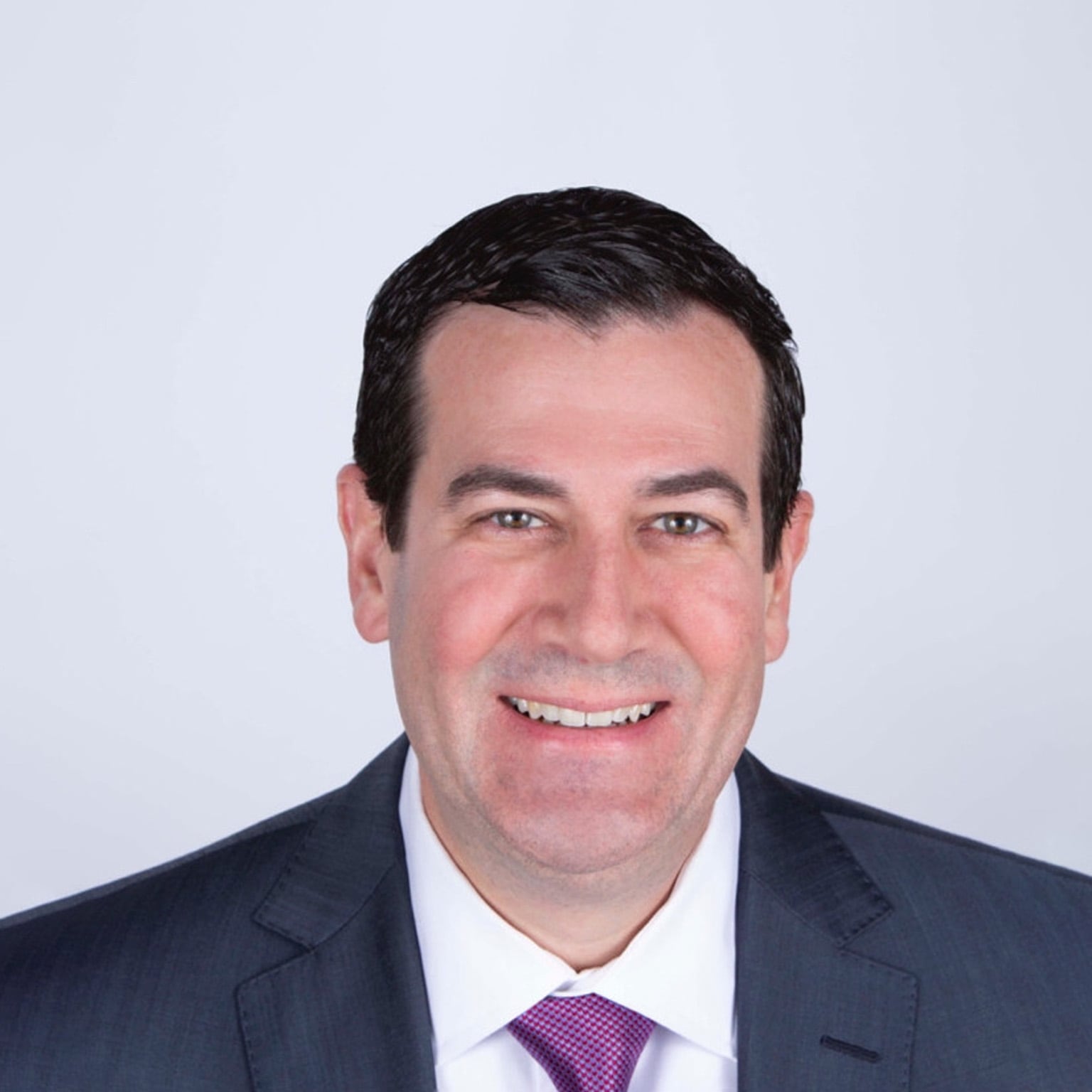here’s an example of a cover letter explaining you want to return to the career you left
A reader recently sent me a cover letter that I want to share as a great example of explaining a maybe surprising job history: she had started in one field, then left it, then was trying to come back to it. First, though, the caveats I’ve learned to give when sharing these: The writer has […] The post here’s an example of a cover letter explaining you want to return to the career you left appeared first on Ask a Manager.

A reader recently sent me a cover letter that I want to share as a great example of explaining a maybe surprising job history: she had started in one field, then left it, then was trying to come back to it.
First, though, the caveats I’ve learned to give when sharing these:
- The writer has allowed me to share this as a favor to me and to readers. Please remember she’s a real person when you’re commenting.
- This writer’s voice is her voice. It will not be your voice, and that’s part of the point.
- There is no single cover letter in the world that all hiring managers will love or that would be the right fit for every employer and every industry. But I receive letters all the time from people telling me that moving in this sort of direction dramatically increased the number of interviews they were getting.
- Do not steal this letter or even parts of it. It works because it’s so customized to the writer. It’s intended for inspiration only — to show what the advice here can look like in practice.
First, here’s the context this writer sent to me, and then we’ll get to the letter:
When I was fresh out of my undergrad, I worked my butt off to get my dream job as a field archaeologist for an environmental consulting company, only to spectacularly burn out and realize that the industry was a lot more exploitative and geared to the needs of big industry than I had expected as a starry-eyed 20-year-old. I went to grad school to escape, but when it came time to apply for another archaeology job I just … couldn’t. I moved back in with my parents and took a job answering phones at a customs broker, and then I sort of stumbled ass-backwards into a career as a broker myself. I liked it well enough, but the pay was so low that I’d never be able to afford my own home. After eight years out of the industry, I was convinced I could never go back to archaeology and that door was closed forever. It was a little constant hurt on my heart to have lost that.
Then I found AAM and realized that changing careers was a totally normal thing that people do all the time and of course it was still an option for me. I could just explain why I had left and why I wanted to return. I always felt like writing resumes and cover letters was like translating what I actually wanted to say into a foreign dialect where everything was obfuscated and subsumed into jargon. I realized I could just, like, say what I meant, and it would be fine.
So I asked my friends in the industry which companies were good, responsible employers, and then I wrote the below cover letter. It was so, so freeing to feel like it was okay for my personality to show in my cover letter — if a job searcher learns one thing from AAM, I hope they learn that. I got the job, which paid 170% of what I made at my old position, I got back into the industry that I really care about, and I bought a condo. I really love my job now, and apparently this cover letter and the resume I wrote (highlighting what I achieved, not listing my responsibilities!) played a huge role in getting it. I’m really proud of this, so I’m attaching it below if you’re interested.
And here’s the letter, with identifying details changed for anonymity.
• • • • •
Dear Hiring Manager,
I am very excited to submit my application for a position on your reporting and regulatory team in technical writing and project management. This marks a return for me to the field in which I trained and wrote my MA, after several years in a different industry.
I started in archaeology in FirstCity working as a technical writer and field support, before moving north to work first as an archaeologist, then supervisor, and finally field director. Working in SecondSpot was a bootcamp in field work, a masterclass in commercial archaeology, and in many ways a disappointment. I was unhappy with what I felt was the prioritization of the needs of industry over all other concerns and the sidelining of Indigenous communities. I eventually left to pursue a master’s degree that allowed me to both indulge my love of speleology and completely nerd out over predictive modelling.
When I returned to FirstArea, I couldn’t quite bring myself to dive back into commercial archaeology. I ended up retraining in a completely different industry which turned out to require many of the same skills: budgeting, attention to detail, government compliance, and balancing the often-competing needs of various stakeholders. Customs brokerage is basically a system for analyzing and reporting data, which plays exactly into my professional strengths. While I can’t say I have the passion for customs brokerage that I have for archaeology, I’ve stayed in the sector because I genuinely enjoy the opportunities for teamwork and creative problem solving: people come to us with a job they need done, and we figure out how to make it happen, on time, on budget, and fully compliant. I really value the opportunity to work collaboratively, both as a project lead and as support for other brokers. My current company even let me talk them into launching an industry blog, because they know I am a dork who loves business communication. The blog now brings in a significant percentage of our new clients.
I’ve heard from a number of [Company] employees that it is what an archaeology company should be: community led, Indigenous-owned, responsible. In ten years, [Company] is the first company that has made me genuinely excited to return to archaeology. I thrive in environments that allow me to flex my skills in data analysis and writing, and believe I can offer [Company] unrivalled quality, expertise and conscientiousness as a writer and team member.
And if you need someone with expertise in logistics and organization, well, I can get a shipping container of medical supplies from the port of Singapore to a backyard in Calgary.
I’d love the opportunity to talk to you more about what I can offer [Company]. I work normal business hours but I can always schedule a time for a phone call or meeting with a few days’ notice.
Thank you very much for your consideration,
Me
The post here’s an example of a cover letter explaining you want to return to the career you left appeared first on Ask a Manager.




















































































































































